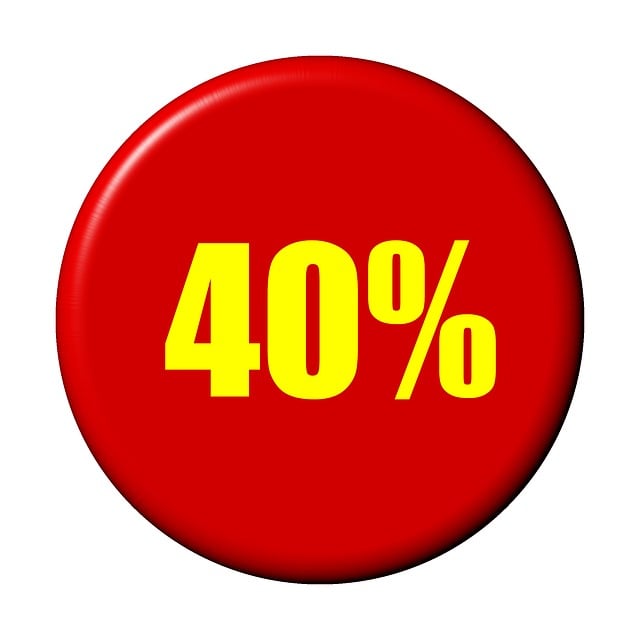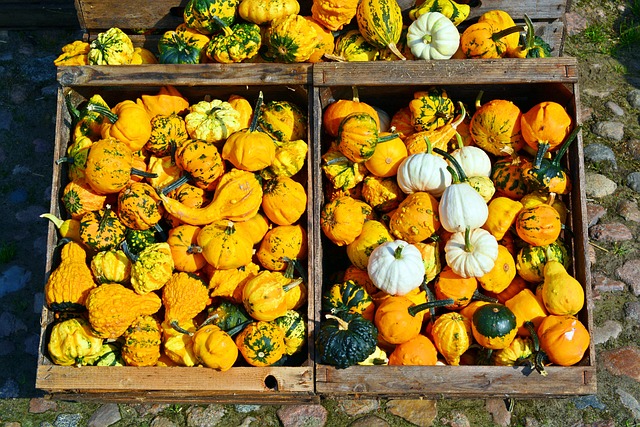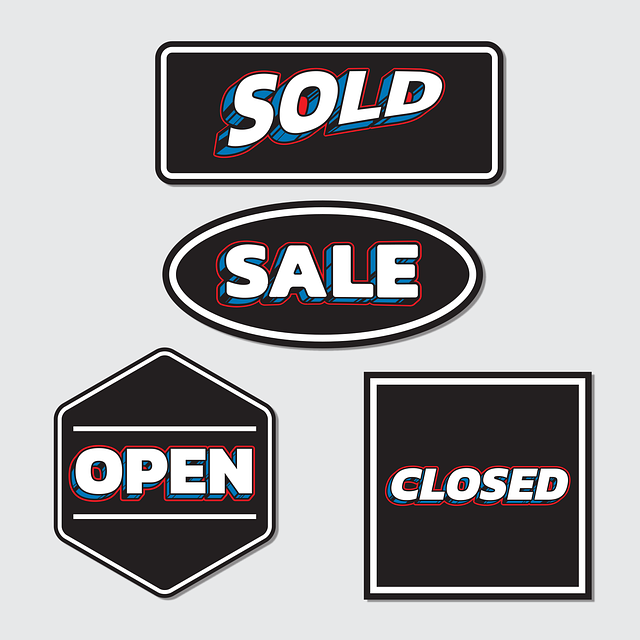The article provides an overview of yard waste management, highlighting the significance of efficiently handling organic materials like grass clippings, leaves, branches, and woody debris through Yard Waste Removal and Recycling. These services are essential for preserving community aesthetics and promoting environmental sustainability by transforming yard waste into compost, which enriches soil and reduces chemical fertilizer use. Efficient management is particularly important during seasonal transitions, such as fall, when leaves accumulate. Professional Yard Waste Removal and Recycling services offer regular collection and transportation to facilities that process the material into beneficial soil amendments. Homeowners can opt for these services to manage large volumes of yard waste, prevent landfill use, and contribute to sustainability goals. The article encourages responsible yard waste disposal through consistent scheduling, specialized equipment, and adherence to local guidelines, emphasizing that Yard Waste Removal and Recycling is a key practice for eco-friendly landscape maintenance and environmental stewardship.
Effective yard maintenance hinges on the timely management of yard waste, particularly during seasons of high leaf fall. This article delves into the intricacies of leaf collection and mulching, highlighting their significance in maintaining a healthy landscape. We’ll explore the various types of yard waste, the strategies for efficient leaf collection methods, and the benefits of mulching within your yard waste management program. Additionally, we’ll examine professional yard waste removal and recycling services and guide you through deciding between DIY approaches and professional mulching solutions to optimize your outdoor space’s health and appearance. Join us as we navigate the best practices for Yard Waste Removal and Recycling to ensure a thriving garden year-round.
- Understanding Yard Waste: Types and Sources
- The Importance of Leaf Collection and Mulching for Yard Maintenance
- Strategies for Efficient Leaf Collection Methods
- Benefits of Mulching Leaves in Your Yard Waste Management Program
- Professional Yard Waste Removal and Recycling Services: What to Expect
- DIY vs. Professional Mulching: Making the Best Choice for Your Yard
Understanding Yard Waste: Types and Sources

Yard waste encompasses a variety of organic materials generated from landscaping activities, gardening, and maintenance of residential and commercial properties. These include grass clippings, leaves, branches, twigs, and woody debris. Understanding the types and sources of yard waste is crucial for efficient removal and recycling processes. Effective yard waste removal and recycling programs not only maintain the aesthetic appeal of communities but also contribute to environmental sustainability by converting organic matter into valuable compost, which can then enrich soil and reduce the need for chemical fertilizers.
Homeowners and landscape professionals generate most yard waste, with leaves falling from trees during autumn being a significant component. The removal process typically involves regular collection services offered by municipalities or private waste management companies. These services often include mulching, which grinds yard waste into smaller pieces that decompose faster, thereby reducing landfill use and producing nutrient-rich materials for soil improvement. Recycling programs may also compost yard waste, creating a beneficial product that supports plant growth and enhances soil health. Understanding the composition of yard waste and the mechanisms involved in its removal and recycling is essential for optimizing these services and promoting sustainable waste management practices.
The Importance of Leaf Collection and Mulching for Yard Maintenance

Maintaining a healthy and aesthetically pleasing yard requires consistent care and attention, especially during seasonal changes when leaves fall and accumulate. Leaf collection and mulching are pivotal components of yard maintenance, playing significant roles in promoting soil health, reducing waste, and facilitating an orderly landscape. Yard Waste Removal services effectively manage the autumnal bounty, ensuring that leaves are efficiently collected and repurposed. By providing timely leaf removal, these services prevent organic matter from impeding grass growth and potential yard hazards such as slipping or creating a breeding ground for pests.
Furthermore, the process of mulching fallen leaves is not merely about clearing space but also about recycling nutrients back into the soil. Mulched leaves decompose to form a rich, organic compost that enriches the soil with essential nutrients and improves its structure, supporting the growth of grass and plants. This organic approach to yard maintenance is environmentally friendly and aligns with sustainable practices, as it reduces the need for chemical fertilizers and landfill waste. Embracing Yard Waste Recycling programs not only contributes to a more beautiful and safe yard but also supports a greener, more sustainable environment.
Strategies for Efficient Leaf Collection Methods

Effective leaf collection methods are integral to maintaining a well-kept landscape during the autumn season. Yard waste removal and recycling play a pivotal role in this process, ensuring that leaves are disposed of in an environmentally friendly manner. Municipalities and homeowners alike can employ several strategies to enhance the efficiency of leaf collection. One approach is to invest in appropriate equipment such as vacuum leaf collectors or mulching mowers designed specifically for yard waste. These tools can significantly reduce the time required for collection and break down leaves into finer particles that decompose faster, enriching the soil with valuable nutrients.
Another strategy involves adopting a regular schedule for leaf collection, which helps in managing the volume of yard waste more effectively. Raking leaves into piles before collection can streamline the process, as can frequent pickups by waste management services. Additionally, local governments may provide residents with guidelines on when and how to dispose of leaves, optimizing the entire yard waste removal and recycling system. By implementing these strategies, communities can achieve a more organized and efficient leaf collection process, reducing the amount of yard waste that ends up in landfills and promoting a healthier environment.
Benefits of Mulching Leaves in Your Yard Waste Management Program

Leaf collection and mulching are integral components of a robust yard waste management program, offering numerous benefits for both homeowners and the environment. By opting for leaf mulching as part of your local yard waste removal services, you can significantly enhance soil fertility and reduce the need for watering, fostering a healthier lawn. The decomposed leaves act as an organic matter that improves soil structure, aeration, and drainage while also providing valuable nutrients over time. This process of recycling leaves through mulching not only saves space in landfills but also contributes to the reduction of greenhouse gas emissions. As the leaves decompose, they sequester carbon, which is beneficial for combating climate change. Additionally, mulching leaves on-site minimizes the labor and resources required for bagging and transporting yard waste, making it a more sustainable choice. Communities that incorporate leaf mulching into their yard waste management program can reap these environmental and practical benefits, creating a greener environment and contributing to a more sustainable future.
Professional Yard Waste Removal and Recycling Services: What to Expect

Yard waste removal and recycling services are a vital component of sustainable community practices, offering homeowners an efficient and environmentally friendly solution for managing leaves, grass clippings, and other organic matter. When opting for professional yard waste removal and recycling, residents can expect a streamlined process that begins with the collection of lawn debris from their properties. These services typically operate on a scheduled basis throughout different seasons, particularly during fall when leaf drop is at its peak. The collected material is then transported to specialized facilities where it undergoes the recycling process.
At these facilities, yard waste is processed through various methods tailored to convert organic waste into valuable byproducts. Composting is a common practice, where organic matter is broken down into nutrient-rich soil amendments that can be used to enrich garden soils, reduce the need for chemical fertilizers, and promote plant growth in an eco-friendly manner. Mulching, another method, involves shredding yard waste into fine particles that can be applied as a protective covering on soil surfaces, conserving moisture, suppressing weeds, and improving soil quality over time. These processes not only divert waste from landfills but also contribute to the creation of beneficial products that support healthy landscapes and reduce the carbon footprint associated with traditional yard maintenance practices. Homeowners can expect these services to enhance their outdoor spaces while contributing to sustainability efforts within their communities.
DIY vs. Professional Mulching: Making the Best Choice for Your Yard

When autumn leaves carpet your yard, effective management becomes key to maintaining a healthy landscape. Yard waste removal and recycling are essential practices for gardeners and homeowners alike, as they ensure the decomposing organic matter contributes positively to soil health rather than cluttering your space or potentially harming the environment. DIY leaf collection and mulching can be a cost-effective and satisfying way to handle this seasonal task, but it requires time, effort, and the right equipment. Homeowners with manageable yard sizes may find tackling the task themselves to be an achievable project, especially if they have composting experience or access to a reliable mulching tool. However, for larger properties or those with restricted time, professional yard waste removal and recycling services can offer a more efficient solution. These services not only save you the physical labor but also bring expertise in maximizing the benefits of your leaf mulch, ensuring nutrients are returned to your soil effectively. Additionally, professional services often handle all aspects of the process, from collection to disposal, which can be particularly advantageous for those with busy schedules or who lack the space to store compost. When choosing between DIY and professional yard waste removal and recycling, consider the scale of your project, your availability, and the specific needs of your garden to determine the best approach for keeping your yard vibrant and thriving year-round.
Effective yard waste management, particularly through leaf collection and mulching, plays a pivotal role in maintaining a healthy landscape. This article has delved into the various aspects of yard waste, emphasizing the types and sources of this material, the importance of its management for both environmental and aesthetic reasons, and the efficacy of mulching as a beneficial practice within your yard waste management program. Whether you opt for professional yard waste removal and recycling services or choose to handle it yourself, understanding the best strategies for leaf collection and the advantages of mulching can significantly enhance your outdoor space’s vitality while contributing to environmental sustainability. Yard Waste Removal and Recycling stands as a key component in this process, ensuring that organic materials are transformed into valuable nutrients for your soil rather than accumulating as waste.



